Profile
Prof. (Mrs.) Akosua Dickson takes over as KNUST first female Vice Chancellor
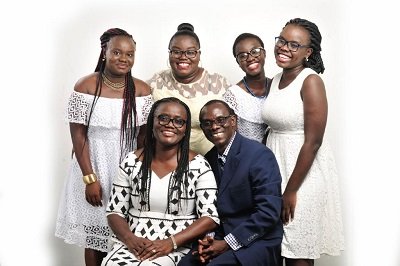
It is a truism that “while most people are dreaming of success, winners wake-up and work hard to achieve it.”
The above quotation perfectly fits the first female Vice-Chancellor of the Kwame Nkrumah University of Science and Technology (KNUST) formerly University of Science and Technology (UST) in the Ashanti Regional Capital, Kumasi.
Through commitment, humility, dedication and hard work among other attributes, Prof. (Mrs) Rita Akosua Dickson, a Ghanaian Phytochemist now occupies this enviable position for a four-year term, effective August 1, 2020 to July 31, 2024.
Appointment
The Governing Council of the great institution made the appointment at its 258th (Special) Meeting held on June 25, 2020, upon the acceptance of the Report of the Search Committee for the appointment of Vice-Chancellor of the university.
Prior to her new appointment, the affable Prof. (Mrs) Akosua Dickson served as the 21st Pro-Vice-Chancellor and later as the Acting Vice-Chancellor in October 2018, when the then Vice-Chancellor, Prof. Obiri Danso was asked temporarily to step aside when student agitations and violence rocked the university campus.
Consequently, she was elected the Vice-Dean and ultimately the Dean of Faculty of Pharmacy and Pharmaceutical Sciences (FPPS) of the Kwame Nkrumah University of Science and Technology (KNUST), on two occasions (2016-2018), thus becoming the first female to be appointed to that position in the history of the Faculty.
For three terms (2010-2013) she became the Head of the Department of Pharmacognosy, KNUST.
Prof. Rita Akosua Dickson, Professor of Pharmacognosy, has pledged to continue to live up to her responsibilities notwithstanding any odds that might come her way being
the first female to occupy such an enviable academic position in the 68 years history of KNUST, where she is an alumna.
Education
She began her basic education at the Akantome Primary School at Bolgatanga, the Upper East Regional Capital, through Royal International School, Kumasi, in the Ashanti Region of Ghana.
Professor Dickson then went to St. Monica’s Secondary School at Mampong-Ashanti on Ghana Cocoa Marketing Board scholarship.
She studied for the General Certificate Examination, Advanced Level, at the Wesley Girls’ High School, Cape-Coast, the Central Regional Capital and qualified for the university to study Pharmacy at KNUST.
After graduating in 1994, she was invited by the Department of Pharmacognosy, Faculty of Pharmacy, KNUST, to undertake her National Service and subsequently a Teaching Assistantship position at the Department, alongside her Pharmacy Council which required hospital internship at the Komfo Anokye Teaching Hospital, Kumasi.
Professor Dickson further pursued Research Graduate Studies leading to the award of Master of Pharmacy Degree in Pharmacognosy in 1999 at KNUST.
Her hard work and commitment to duty got her the opportunity to be appointed a Lecturer in 2000 at the Department of Pharmacognosy.
She received a Commonwealth Scholarship award in 2003 to study for Doctor of Philosophy (PhD) degree at Kings’ College, London, and also at the University of London, UK, where she studied a parallel programme in education and acquired a Graduate Certificate in Academic Practice(GCAP).
On her return to Ghana, she was promoted to the rank of Senior Lecturer in 2009 and between 2011 and 2012, Professor Dickson won a Commonwealth Academic Fellowship at the Department of Pharmaceutical and Biological Chemistry, School of Pharmacy, University of London, UK, as a visiting Scientist Researching into Bioactive Natural Products as well as Novartis Fellow in collaboration with Seeding Labs in the United States of America.
She was promoted to Associate Professor of Pharmacognosy in 2014.
Experience
As an accomplished Phytochemist, her scientific knowledge and research expertise have impacted the international scientific community in terms of training, mentorship and scientific appraisals.
Her research work spans the identification and development of bioactive natural products as standard medicines for the treatment and management of communicable and non-communicable diseases, among others.
She is keen on phytopharmaceutical analysis and quality control of herbal medicines to ensure their safety and efficacy, with the conviction that Africans can reduce the continent’s disease burden by exploring the use of its flora and fauna.
Professor Dickson’s research mentorship has led to the training of a number of Master of Philosophy (MPhil) and PhD students, some of whom are currently employed in renowned public universities in the country including KNUST, and research centres in Ghana.
Membership
She has actively engaged the global scientific community with her research contributions. Currently, she has over 80 published scientific articles and conference proceedings to her credit. In addition, she has authored and co-authored five books and book chapters within the domain of her expertise.
She is very visible on renowned academic platforms such as Research Gate, Google Scholar and Scopus with research impact of over 24,000 article reads and more than 700 citations in various scientific disciplines.
Among other engagements, she serves as a reviewer for several journals in pharmacognosy, natural products chemistry and phytochemistry.
She is presently the Editor-in-Chief of the International Journal of Ethnomedicine and Pharmacognosy (IJEP) and editorial member of International Journal of Science and Research Methodology (IJSRM).
She is a member of the Society of Medicinal Plant Research (GA), among other international associations.
The Vice-Chancellor is married to Nana Sarkodie Dickson, a Chartered Accountant, and the couple is blessed with four daughters; Akosua Dickson, Abena Dickson, Akua Dickson and Afua Dickson.
At her leisure time, Prof. Dickson loves to cook traditional foods and share with friends. To maintain healthy lifestyle, she avoids junk foods and goes to the gym to keep fit.
From Kingsley E. Hope, Kumasi
Profile
From dormancy to dominance: Rev. Emmanuel D. Niikoi’s inspiring netball journey
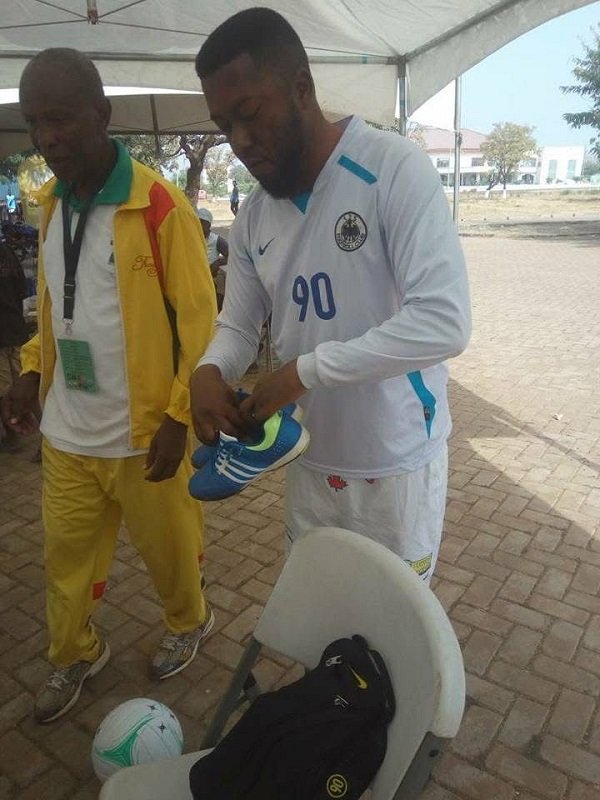
IN the annals of Ghana’s sporting history, certain individuals stand out not merely for participating in sport, but for transforming it.
Rev. Emmanuel D. Niikoi is one such figures. Revered as the father of modern netball in Ghana, is widely credited with rescuing the game from near extinction and transforming it into a vibrant, structured and nationally recognised sports discipline.
His journey reflects vision, resilience and an unwavering commitment to youth and sports development.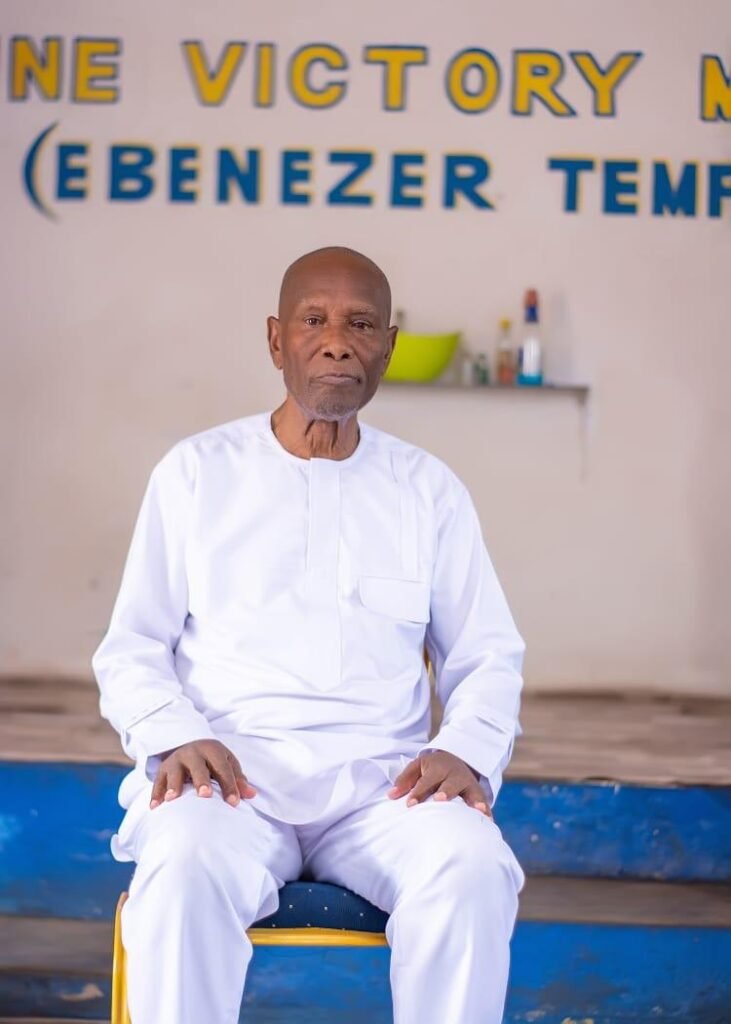
Netball was introduced to the then Gold Coast by Christian missionaries alongside formal education. By the 1960s and early 1970s, the sport had gained remarkable popularity in schools and colleges, ranking second only to football and, in some institutions, rivaling it in appeal.
However, during the 1974/75 academic year, the Ghana Education Service (GES) took a policy decision to step down netball in favour of basketball development. The decision dealt a severe blow to the sport.
Between 1975 and 1985, competitive netball virtually disappeared from Ghana’s sporting calendar.
That decision of the GES can be blamed for the current state of the sports that is producing heroines across the globe.
The revival of the game can be traced to 1985 during the Golden Jubilee celebration of the Ghana Broadcasting Corporation (GBC).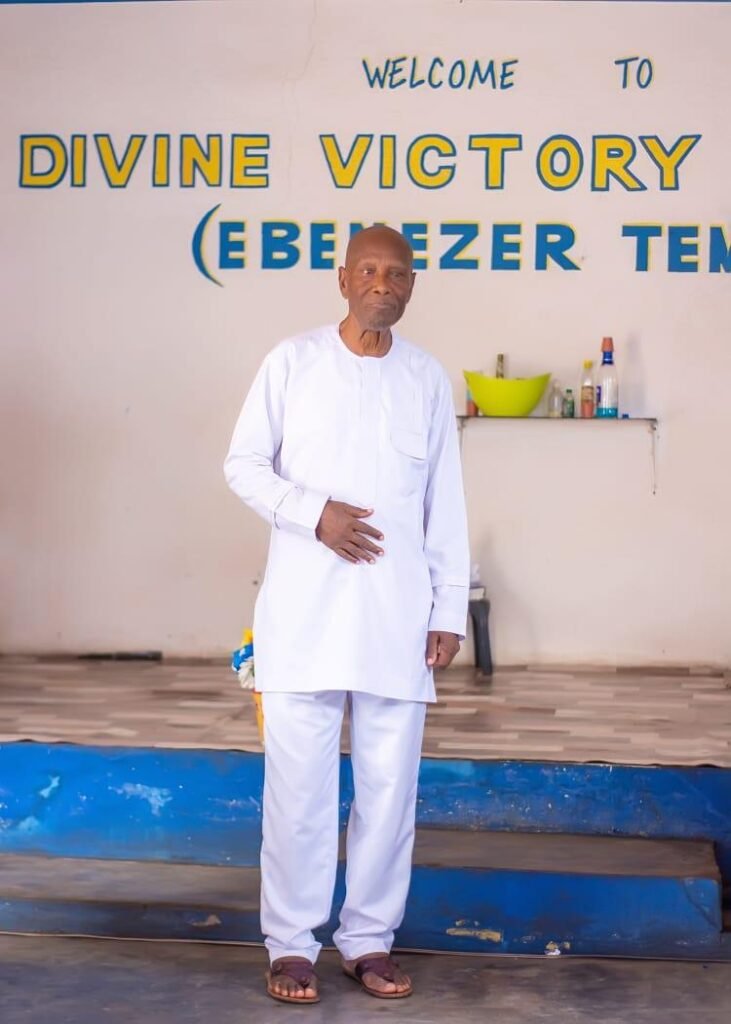
At the time, Rev. Niikoi was serving as Chief Editor (News) in the Radio Newsroom. Understanding both the historical importance and untapped potential of netball, he championed the inclusion of a netball tournament as part of the anniversary celebrations. The event reignited public interest and reminded many of the sport’s former glory.
Crucially, Rev. Niikoi did not allow the momentum to fade after the festivities. The GBC netball team formed for the tournament, aptly named “Golden Hands,” became the cornerstone of a national revival campaign.
With determination and personal sacrifice, he led tours across the country, using the team as a practical training platform.
He personally taught sports teachers under the GES the official rules of netball, reintroduced structured competition, and restored confidence in the sport’s viability.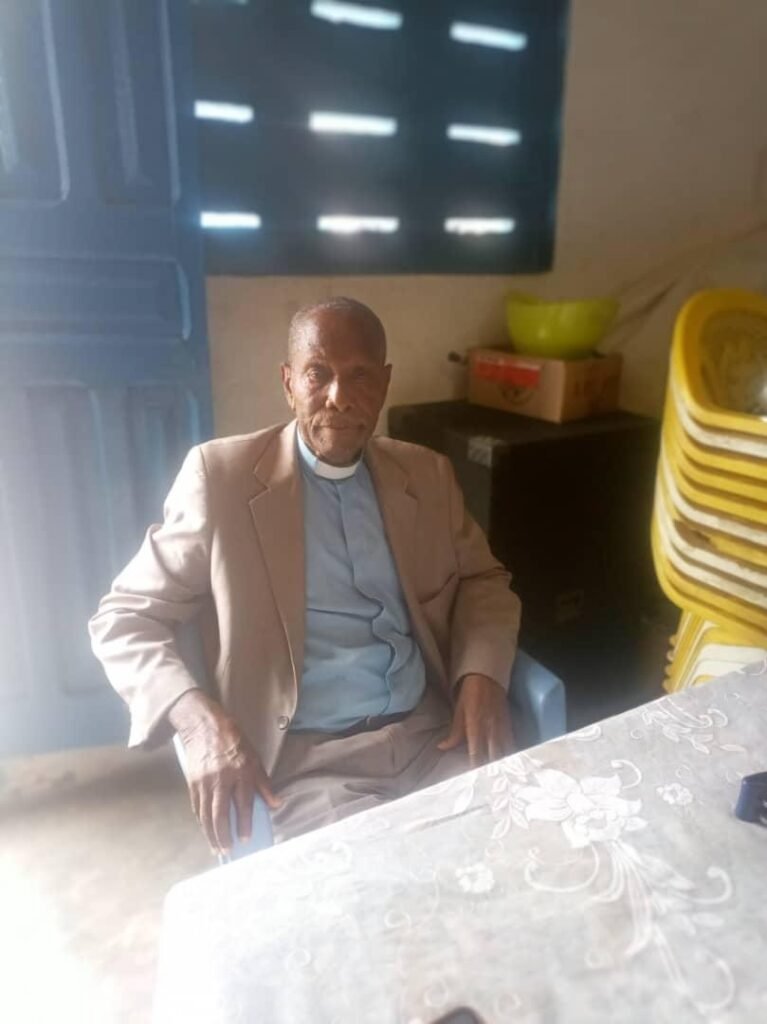
These efforts culminated with the formation of the Netball Association of Ghana in 1988, now known as the Netball Federation of Ghana.
In 1990, the association gained formal recognition from the National Sports Authorities, previously known as the National Sports Council (NSC), restoring netball’s status as an official sporting discipline.
This milestone marked the rebirth of organised netball in Ghana and cemented Rev. Niikoi’s place as founder of the national governing body.
Revival soon transitioned into consolidation. Over the years, Rev. Niikoi consistently lobbied educational and sports authorities to reintegrate netball into major school competitions.
His advocacy led to the sport’s reintroduction into the National Basic Schools Sports Festival, the Senior High and Technical Schools Sports Festival, the Colleges of Education games, and competitions under the Ghana University Sports Association (GUSA).
Today, netball is played across the entire educational structure in Ghana, from basic schools to public universities, a testament to his sustained and strategic efforts.
On the continental and global front, Ghana is a full member of World Netball and was a founding member of the Confederation of Africa Netball Associations (CANA), now Africa Netball.
In 2004, Ghana hosted the inaugural Africa Netball Cup of Nations in Accra and emerged champions after defeating Namibia in the final. The victory not only boosted Ghana’s sporting image but also validated years of groundwork.
In 2007, Rev. Niikoi was elected Director of Marketing and Media for CANA, serving a four-year term and contributing to the sport’s development across the continent.
In 2019, following governance reforms required by the International Olympic Committee to lift sanctions related to state interference in sports administration, national federations were mandated to adopt independent constitutions. Under this new framework, the Netball Federation of Ghana successfully drafted its constitution and conducted elections.
On June 19, 2019, Rev. Niikoi was elected the federation’s first President under the independent constitutional order which is symbolic and deserved recognition of decades of service.
Beyond netball administration, Rev. Niikoi also served two terms spanning eight years from March 2018 to March 2025 as an Executive Board Member of the Ghana Olympic Committee.
His presence on the board ensured that netball maintained visibility within Ghana’s broader Olympic movement.
A Bachelor of Arts graduate in Combined Honours (History and Law), Rev. Emmanuel D. Niikoi has trained numerous coaches and umpires nationwide, strengthening the sport’s technical foundation and ensuring sustainability.
His leadership style combines administrative discipline with grassroots engagement, making him both a strategist and a mentor.
From dormancy to dynamism, the resurgence of netball in Ghana bears his unmistakable imprint. Through advocacy, institution-building and capacity development, Rev. Niikoi has secured a lasting legacy.
Today, every netball match played in Ghana, whether at a basic school court or a university festival stands as living testimony to his vision and perseverance.
By Esinam Jemima Kuatsinu
Profile
Autism Awareness Care & Training: Pioneering autism care, inclusion in Ghana
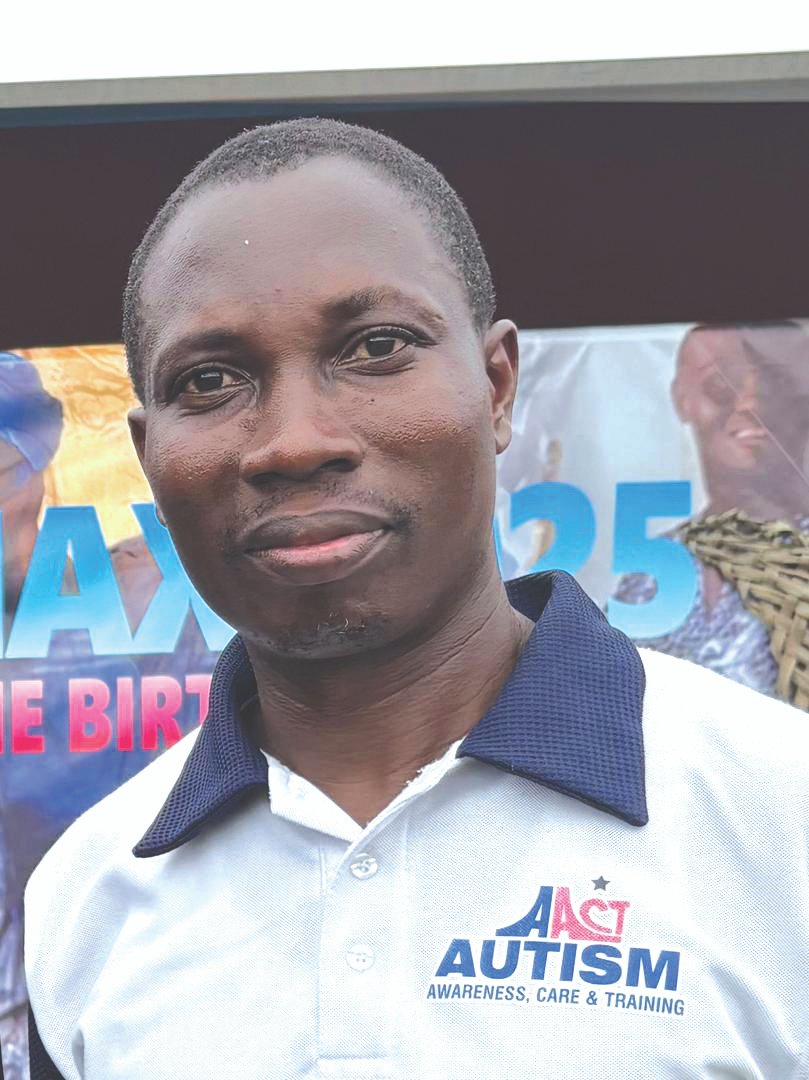
AUTISM Awareness Care and Training (AACT) is Ghana’s first autism-focused centre, playing a pioneering role in the care, education, and advocacy for children on the autism spectrum and their families.
Established in 1998, AACT began as a parent-support and training initiative at a time when autism was poorly understood in Ghana. Many families raising autistic children faced stigma, isolation, and limited access to information or professional assistance.
Over the years, the organisation has evolved into a full-fledged autism care and training centre, responding to the growing demand for specialised services and sustained nationwide awareness.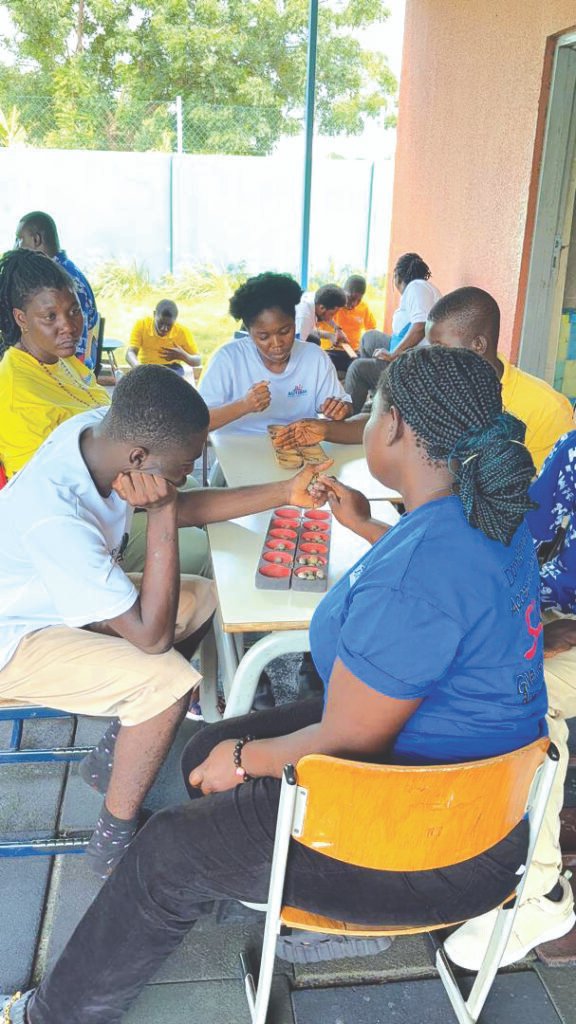
AACT is currently located in Haatso, Accra, where it operates a structured day programme serving about 25 learners daily. The centre provides a safe, inclusive, and supportive environment where children with autism are guided to develop essential life, social, and functional skills.
Programmes at the centre focus on independent living skills, vocational and pre-vocational training, functional academic skills, and therapeutic interventions. These activities are tailored to the individual needs of each learner, recognising that children on the autism spectrum learn and develop at different paces.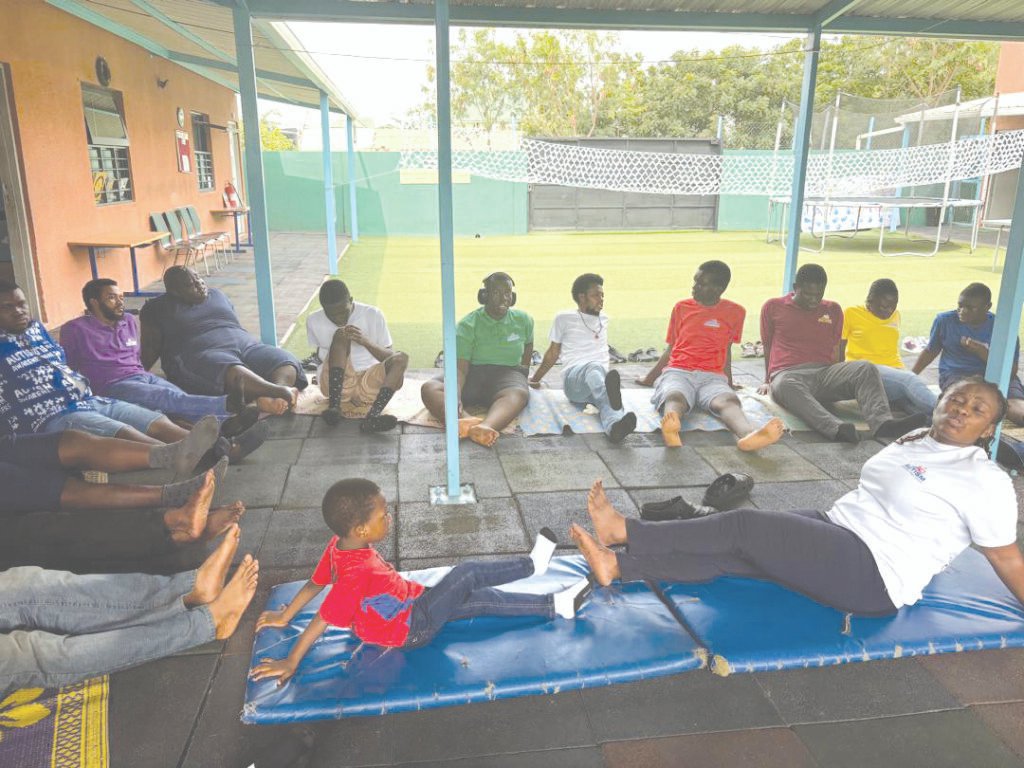
According to Abeiku Grant, Head of Programmes at AACT, the centre’s philosophy is centred on ability rather than limitation.
“Every autistic child is different,” he said. “Our work is to support them at their own pace and help them discover what they can do, not to focus on what they cannot do.”
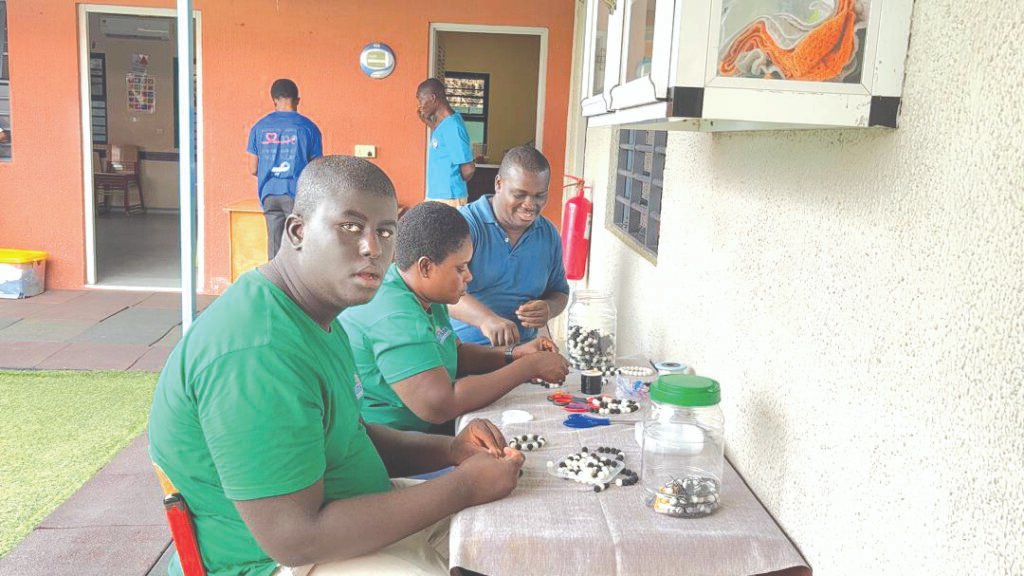
Beyond centre-based services, AACT places strong emphasis on autism awareness and advocacy, particularly within schools and communities. Many children with autism in Ghana continue to face rejection and exclusion due to stigma, misinformation, and the lack of trained personnel in educational institutions.
In 2025, AACT reached over 20 schools across the country, providing autism education to teachers, students, and school administrators.
The organisation also runs free teacher training programmes, equipping educators with practical knowledge and basic tools to support autistic learners in inclusive classroom settings.
“Many schools tell us they are not resourced or trained to handle autistic learners,” Mr Grant explained. “Instead of waiting for change, we decided to go to them and train teachers for free.”
AACT also engages learners directly, addressing widespread misconceptions about autism, including the false belief that autism is contagious or caused by bad parenting. These outreach programmes aim to build empathy among students and promote peer support for autistic learners in mainstream schools.
Another major challenge confronting families is limited access to autism services, especially outside Accra. With most autism centres concentrated in the capital, many families from other regions are forced to travel long distances or keep their children at home due to cost, stigma, or lack of support.
“Education is not meant only for typical children,” Mr Grant stressed. “Children with autism also have the right to education and care. No child should be hidden because of lack of understanding or opportunity.”
As part of its outreach work, AACT supports parents to overcome stigma and encourages social interaction for children with autism, believing that community engagement is essential for development and confidence building.
In December 2025, the centre received what it described as its largest donation of the year, raised by children from the Unmasked Mentoring initiative. According to the organisation, the donation was particularly significant as it demonstrated empathy and social responsibility among young people.
As a non-governmental, non-profit organisation, AACT depends largely on donations, partnerships, and goodwill to sustain and expand its work. Current needs include a minibus for community-based social activities, expansion of its facility to accommodate more learners, sponsorship support for children from financially challenged families, and funding to scale autism awareness programmes nationwide.
Looking ahead, AACT envisions a Ghanaian society that is inclusive, informed, and supportive of persons with autism.
“Our goal is a Ghana where children with autism are accepted and supported,” Mr Grant said. “Every child has potential. All they need is understanding, opportunity, and care.”
By Esinam Jemima Kuatsinu







